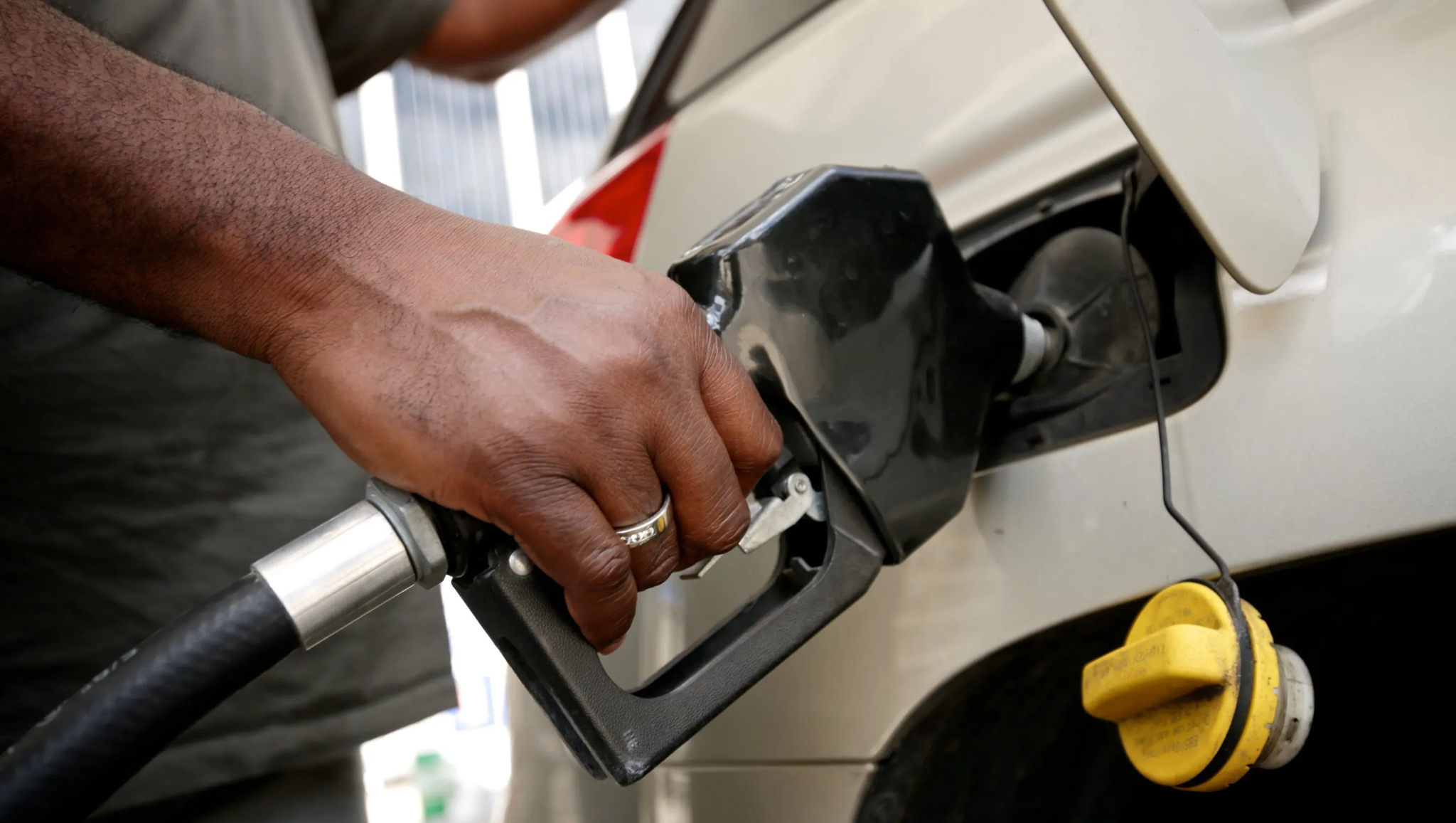Fuel System Maintenance: Functions and Common Problems

Fuel is your car’s food. And just like how some people need specific dietary requirements, cars do, too! Manufacturers have specific fuel grades they want you to use for your car. That comes with the user manual, and a lot of drivers know that already. So other than this, what things should you be looking into to maintain your car’s fuel system? Read on to find out.
The functions of the fuel system
Storage
Average-sized cars can store up to 12 gallons of gasoline while bigger cars can store up to 16 gallons. Most cars today are made of high-density plastic making them resistant to wear and rust. It pays to know if your gas tank is made of materials other than plastic like metal, steel, or aluminum.
Delivery
Through a fuel pump lying next to the tank, the fuel is transported through fuel lines to the engine for combustion.
Air-fuel mixture
Another component of your car’s fuel system is the mixture of fuel and air since gasoline cannot burn without oxygen. Depending on your car, the part responsible for is either a fuel injector or a carburetor. Most modern cars have an electronic fuel injection system that is more efficient and precise in mixing air and fuel than a carburetor.
Fuel and air filtering
Just like your diet, your car must only take in clean fuel and air. Due to the exposure to high heat and pressure, carbon deposits are created. The fuel system is responsible for filtering these deposits to prevent clogs. The same goes for air which is collected from the environment outside your car. Air filters make sure no dust, dirt, and other particles will get into the fuel system.
The common problems in the fuel system
Dirty and inefficient filters
Through time, all filters including air and fuel filters will have enough buildup to impede their peak filtering performance. If not taken care of regularly, the fuel flow will be obstructed, the engine will not get enough fuel that it needs. This could be one reason why your car’s engine fails to start.
Pump malfunction
Don't you think driving with low fuel levels will take a toll on your car? Hmmm. The fuel pump has a hard time when there is little fuel to pump through the fuel lines. The bad news is that, if this happens all the time, the pump may malfunction. The even worse news is that you have no other option but to replace a bad fuel pump.
Injector failure
Fuel injectors have really fine nozzles that spray fuel to the cylinders. These fine nozzles are prone to blockage from fuel impurities. If they get clogged, the engine will not get enough fuel resulting in a bumpy ride and inconsistent acceleration. One of the telltale signs your car has fuel injector trouble is if your car is guzzling more fuel than it used to.
The best way to go about any possible system issue in your car is to be consistent with maintenance. All issues that come up can be prevented through regular checks.